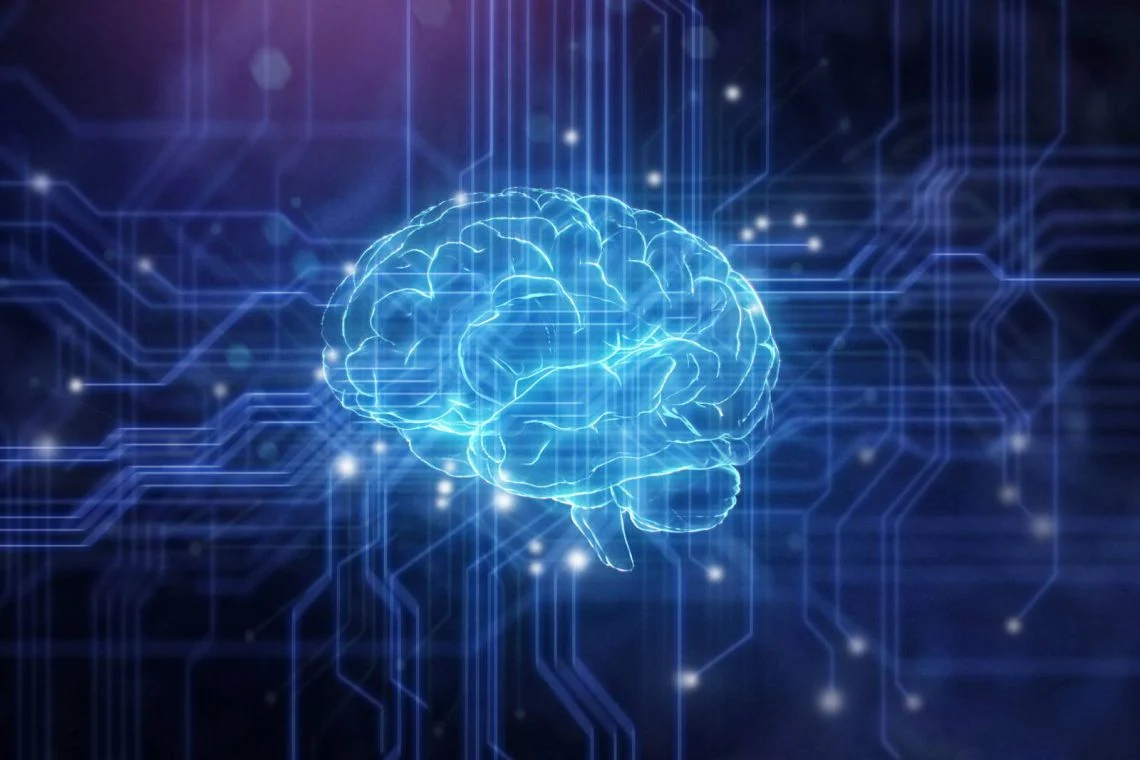Anxiety is a natural response to stress, but when it becomes persistent, it can interfere with daily life, work, and relationships. Learning practical strategies for managing anxiety on a daily basis is essential for maintaining mental clarity, emotional balance, and overall well-being. While therapy and lifestyle changes play a vital role, many individuals also turn to supplements and resources that provide additional support for mental calmness.
For those exploring supplemental support, options like anxiety relief provide insights into natural methods and products designed to help reduce daily stress and promote emotional stability. Combining these resources with evidence-based techniques can create a comprehensive approach to managing anxiety effectively.
Understanding Anxiety and Its Effects
Anxiety manifests in both physical and emotional ways, including tension, rapid heartbeat, irritability, and racing thoughts. Chronic anxiety can disrupt sleep, reduce productivity, and contribute to long-term health issues such as high blood pressure and weakened immunity. Recognizing these symptoms and understanding their triggers is the first step in implementing effective daily anxiety relief strategies.
Breathing and Relaxation Techniques
Controlled breathing is one of the simplest and most effective tools for immediate anxiety relief. Techniques such as diaphragmatic breathing, box breathing, and the 4-7-8 method help regulate the autonomic nervous system, lowering heart rate and calming the mind. Regular practice can train the body to respond more calmly to stressful situations.
Progressive muscle relaxation is another technique that reduces tension by systematically tensing and releasing muscle groups. This method promotes body awareness and helps relieve both physical and mental stress.
Mindfulness and Meditation Practices
Mindfulness encourages focusing on the present moment without judgment. Daily mindfulness meditation can reduce rumination and negative thought patterns that often fuel anxiety. Guided meditation apps, quiet reflection, or even mindful walking can help individuals develop resilience against anxiety triggers.
Visualization techniques, such as imagining a peaceful setting or positive outcomes, complement mindfulness by creating a mental space for calm and relaxation.
Physical Activity and Movement
Regular physical exercise has profound effects on anxiety management. Activities such as walking, jogging, yoga, and swimming release endorphins, improve mood, and reduce cortisol levels. Exercise also serves as a distraction from anxious thoughts while enhancing overall physical and emotional health.
Incorporating short movement breaks throughout the day, even stretching or brief walks, can help maintain a steady sense of calm.
Nutrition and Hydration for Emotional Balance
Diet directly impacts brain function and mood regulation. Nutrient-rich foods, including leafy greens, whole grains, lean proteins, nuts, and seeds, provide vitamins and minerals that support neurotransmitter production. Staying hydrated is equally important, as even mild dehydration can affect energy levels and cognitive performance, increasing feelings of stress.
For individuals needing additional support, supplements designed for anxiety relief, like those highlighted in anxiety relief resources, may help balance neurotransmitter activity and enhance emotional stability.
Time Management and Structured Routines
A structured daily routine reduces uncertainty and creates predictability, which can alleviate anxiety. Planning tasks, setting realistic goals, and breaking projects into manageable steps can reduce feelings of overwhelm. Time-blocking techniques and prioritization help individuals focus on one task at a time, preventing stress from accumulating.
Social Support and Connection
Strong social networks provide emotional support and perspective during stressful periods. Talking with friends, family, or support groups can alleviate feelings of isolation and anxiety. Sharing experiences and receiving reassurance helps reinforce coping mechanisms and promotes a sense of belonging.
Cognitive Techniques and Thought Management
Cognitive behavioral techniques can help reframe anxious thoughts. Recognizing cognitive distortions, challenging negative beliefs, and replacing them with constructive thoughts empowers individuals to reduce anxiety triggers. Journaling thoughts and practicing gratitude are additional methods to improve emotional clarity and reduce worry.
Sleep Hygiene and Rest
Adequate sleep is crucial for emotional regulation. Creating a calming bedtime routine, maintaining consistent sleep schedules, and limiting screen time before bed enhance rest quality. Sleep deprivation amplifies anxiety, making it essential to prioritize restorative rest as part of a daily anxiety management plan.
Conclusion
Daily anxiety relief requires a multifaceted approach that integrates physical, mental, and nutritional strategies. Breathing exercises, mindfulness, exercise, proper nutrition, structured routines, social connection, and cognitive techniques all contribute to maintaining emotional balance and mental clarity. Supplements and resources like anxiety relief can complement these practices by supporting neurotransmitter function and enhancing relaxation. By incorporating these practical strategies consistently, individuals can achieve greater resilience, improved well-being, and more effective management of daily anxiety.
